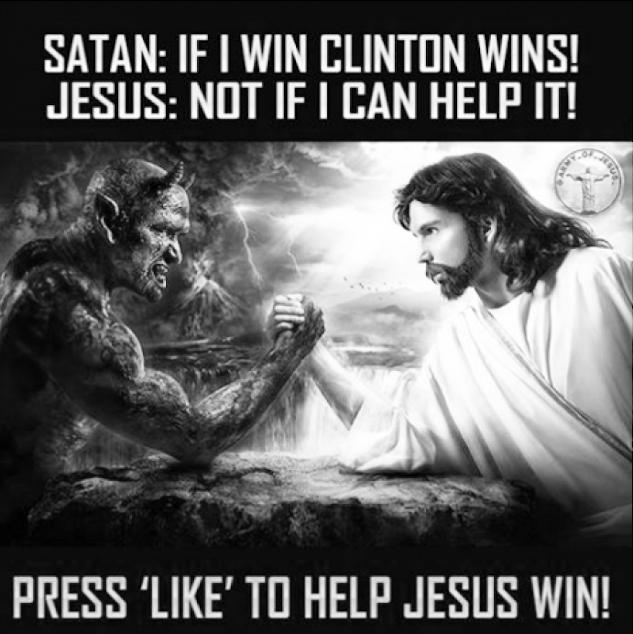When you hear the word meme, perhaps a picture from your favorite TV show or cartoon character pops in your mind. The message sends a little wiggle to your stomach and you start to chuckle. It’s funny and innocent, but do some memes start to cross a line when you see an image symbolizing political figures and they persuade you to think more one way than the other?
The question of whether memes have some sort of political power could not have been more controversial in the past presidential election. A panel of NMU students will hold the first annual “meme-ference” to examine the effect memes have on society and in politics.
The discussion titled “Politics and Memes: Ideas, Symbols and Trivializing Reality” will consist of three students and the moderator, NMU political science professor, Hanna Kassab. Sponsored by the political science department, the event will be free and take place from 4 to 5:50 p.m. Tuesday, April 10 in Jamrich 1320.
According to the Merriam-Webster Dictionary, a meme is an amusing or interesting item (such as a captioned picture or video) or genre of items that is spread widely online especially through social media. And though memes may be just for humor, it’s interesting how one picture can communicate, Kassab said.
“One day, some guy on the Internet can create this character, and before you know it, thousands upon thousands of people are talking about it. How is that possible? That is what the conference is about,” Kassab said.
The power of symbolism can cause “political discourse” and it’s important to come together and have a conversation, Kassab said. Though memes may be just for the “LOLs,” it’s important to examine them up close and understand the power they possess, Kassab said.
When “Pepe the Frog” was used in the 2016 presidential election, it sparked a way to characterize a certain group of people, Kassab said. Memes can portray different characteristics like “masculinity, femininity and gender relations” and “trivialize” their true definitions, he added.
“How does a cute little frog character from a comic book become a symbol for white supremacy? That in itself is interesting,” Kassab said.
Kassab wrote a book in 2016 called “The Power of Emotion in Politics, Philosophy, and Ideology.” A part of his book focused on the power of symbols and communication, and after talking with some of his students, Kassab proposed that they host an event where students could converse their ideas on this topic, Kassab said.
Memes may be just pictures but by looking at their structure, they reflect 1930s political ideologies such as communism, fascism and democracy, Kassab said. Propaganda used back then doesn’t differ far from what is used now to get people’s attention, he said.
Each of the students will talk about their focus for 15 to 20 minutes followed by a Q & A session and closing remarks from Kassab.
One of the panelists, Charles Owsley, senior communication studies major and international studies and media production double minor, said he hopes to learn from the conversation rather than boasting his political views.
It’s interesting how political symbolism plays a role in society, especially in the 2016 presidential election where “Pepe the Frog” was labeled as a hate symbol, Owsley said. Political views can be expressed through a simple image and it’s vital to understand the power of political symbolism, Owsley said.
“It’s important for us, as young adults, to discuss what this means in future,” Owsley said. “Are we going to continue to see this trend of political ideologies being spread through memes? Or was this a one-off fluke in 2016?”
People should go not only for the “LOLs” but for the opportunity to see both sides of the political spectrum come together and hear one another out, he said.
“I’m excited to hear different opinions and have someone try to challenge me, not because I want to come back on them, but because I want to learn something,” he added.
























